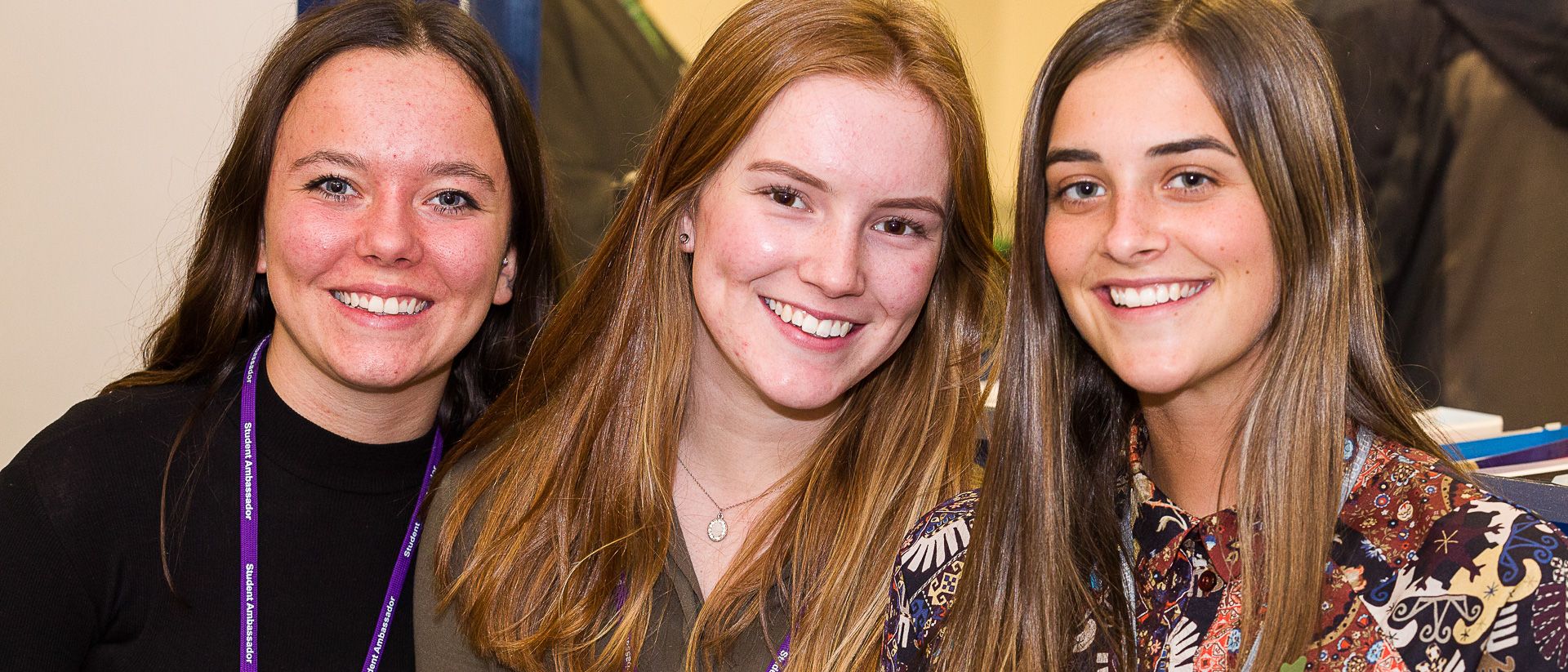Introduction
Study at Braintree Sixth Form involves a number of elements. The core of your studies will be your choice of courses. These will be A levels, vocational courses, or a combination of the two. Alongside these, the pastoral and enrichment programmes foster students’ academic and personal development.
A Levels
A levels are subject-based qualifications which are held in high regard by employers and universities, and which have often been described as ‘gold standard’ qualifications. Academically rigorous, A levels stretch and challenge students. Many students greatly enjoy the demands of A level study and the opportunity to develop their independent learning skills and to carry out additional research to deepen their understanding.
A Level courses are mostly assessed through written examinations. Students who have studied a programme at school which is mostly made up of vocational qualifications, assessed through coursework, are generally recommended to continue with a vocational pathway at post-16.
Changes to A Levels
The specifications for all A Level courses have recently undergone a process of review by the government to ensure that they prepare students effectively for university and employment. All A Level courses are ‘linear’ courses examined at the end of the two-year course and with no more than a 20% coursework component. The AS examination is still available as a standalone qualification but the marks from these do not contribute to the overall A Level qualification.
Changes have been phased in over several years and all A Levels on our curriculum have been revised to a two-year linear specification.
As a result of the reforms, we no longer offer AS examinations at the end of Year 12. The performance of students in internally assessed end of year examinations is used to determine whether or not students continue with the second year of their courses. Students who are able to progress to Year 13 will continue with some, or all, of their Year 12 subjects, completing the full A Level by the end of their second year of sixth form studies. If a student decides to discontinue a subject at the end of Year 12, they are offered the opportunity to take an AS examination in that subject alongside their full A Levels at the end of Year 13.
Course Entry Requirements
For admission to a typical programme of three or four courses, students should have 5 GCSEs or equivalents at grade 4 or above, including English and Mathematics. Each subject also has its own entry criteria which should be met. Where a student does not achieve at least a grade 4 at GCSE in English and Mathematics, they must continue following a timetabled course to allow them to resit the qualification until a minimum of a grade 4 is achieved.
In addition to the normal Braintree Sixth Form entry criteria, subject-specific requirements are detailed below and on each subject’s page.
| A Level Courses |
|---|

